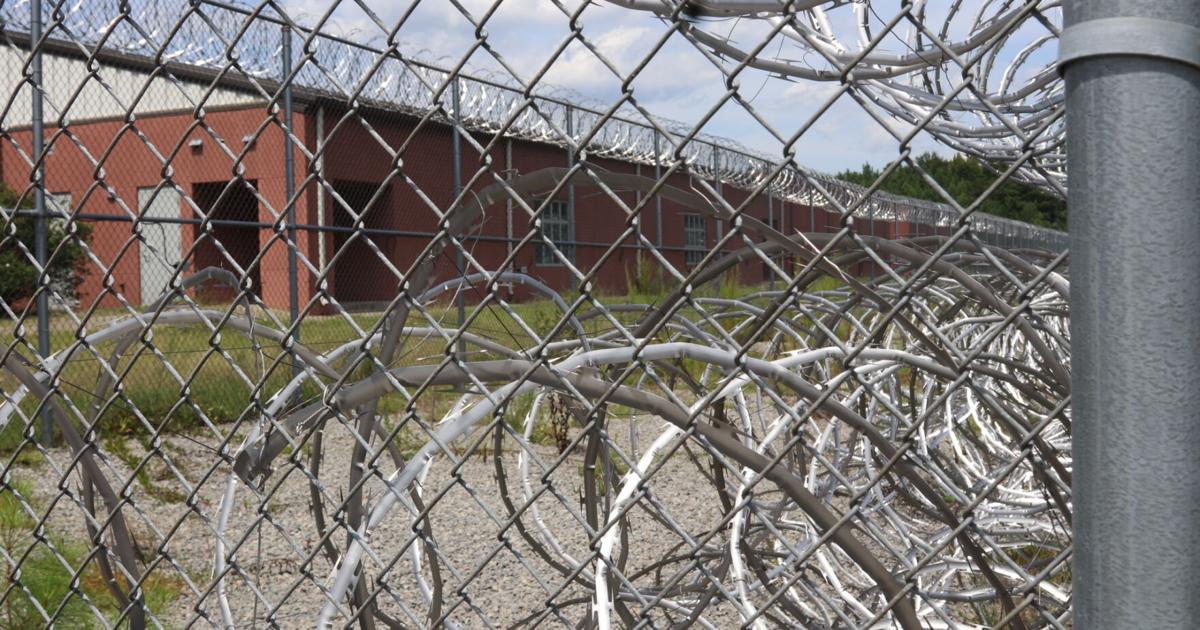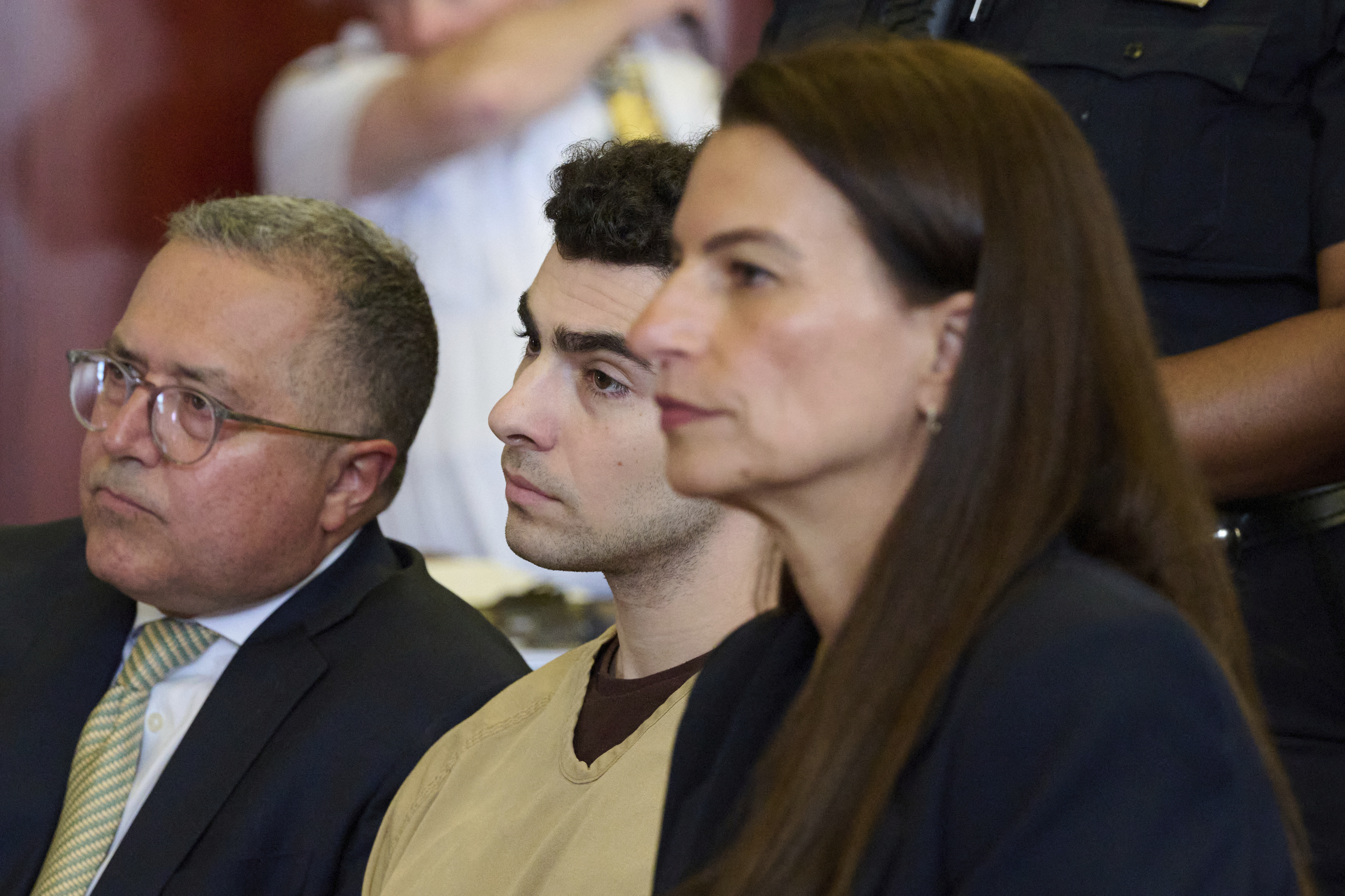
COLUMBIA — One day in September 2022, while an inmate at the Alvin S. Glenn Detention Center was sleeping, fellow detainees broke into his locked room and attacked him. He was beaten so badly that his brain swelled. He was in a coma for nearly two weeks.
The man had recurring nightmares about the assault, and he was diagnosed with post-traumatic stress disorder. He was housed at the jail’s medical dorm, but his requests for health care took two weeks to get a response, according to his legal advocates’ 2022 lawsuit against Richland County, which runs the detention center.
When another inmate was booked at the jail, he was not assessed by a mental health care provider who could prescribe medication despite his 20-year history of mental illness. He was detained with at least 30 other inmates for a week in a holding area that had only one toilet and where people slept shoulder to shoulder on the uncushioned floor.
Once he was placed in a housing unit, the inmate observed that jail guards were often not around during the evening shift of 6:30 p.m. to 6:30 a.m. During this period, the lawsuit states, some detainees would brandish street knives and shanks, threatening or assaulting vulnerable inmates.
Now, three-and-a-half years after the nonprofit Disability Rights South Carolina filed the case alongside inmates with serious mental illness, a federal judge has upheld two of their civil rights complaints against Richland County.
Specifically, under the due process clause of the U.S. Constitution’s 14th Amendment, the complainants claim: the jail is failing to protect inmates with serious mental illness from substantial risk of serious harm, and the jail’s physical conditions continue to be unsafe and unsanitary.
U.S. District Court Judge Mary Geiger Lewis also granted the 11 inmate-complainants’ request to bring a class-action lawsuit against the county on those allegations. These issues will go before a jury if the parties don’t reach a settlement.
Alvin S. Glenn has a daily inmate population that hovers around 1,000. Disability Rights South Carolina believes that, at any given time, the jail has hundreds of inmates with serious mental illness.
The complainants want the detention center to take corrective measures — action that the U.S. Department of Justice also recommended at the end of a separate, yearlong civil rights investigation into the jail’s conditions.
In Richland County’s favor, Judge Lewis dismissed several of the plaintiffs’ complainants’ claims of discrimination through use of force and restrictive housing, cruel and unusual punishment under the Eighth Amendment as well as class action on inadequate mental health treatment.
Both Disability Rights South Carolina and the Richland County government said they were pleased with the judge’s Sept. 23 order.
Leaders of Disability Rights said the ruling recognizes that the county jail has a responsibility to provide mental health services to inmates with mental disorders. And that unsafe and unsanitary jail conditions could worsen detainees’ mental health problems.
“They can’t neglect that obligation just because they’re a detention facility, and people may not be there as long as someone who’s in the prison system,” Beth Franco, the organization’s executive director, said in an interview.
Franco believes the lawsuit’s impact would go beyond Richland County, sending a message to other South Carolina jails that they, too, have a responsibility to protect detainees with serious mental illness.
“Even smaller facilities still have the responsibility to provide services,” she said.
The Richland County government underscored in a statement that the judge has not ordered it to take specific action or to stop a particular practice. The county said it’s proud of the progress the jail administration has made to address problems with staffing and the facility’s conditions.
“The County continues to pursue a number of initiatives to improve the staffing and security of the facility,” according to an emailed statement. “The County looks forward to presenting its defenses when the case is set for trial.”
Meanwhile, Stuart Andrews, lead attorney for the complainants, said being allowed to file a class-action suit would broaden the number of inmates who can benefit if they win. It would also mean setting a precedent within a broader detention system that impacts thousands of lives a day.
Since the Department of Justice released its investigative findings on the Richland County jail in January, which highlighted the risk of violence inmates face, the agency has not provided any updates on the corrective action it sought from the county.
The federal agency did not respond to a request for information this week.



